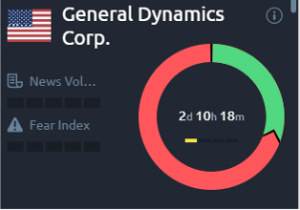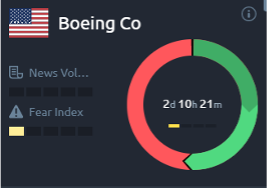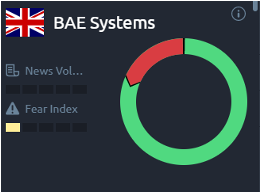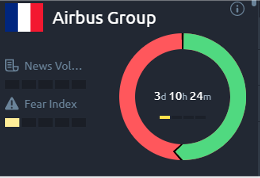Defence Stocks are the Most Defensive Plays
Defensive plays are stocks that perform broadly the same irrespective of the economic conditions and these companies generate relatively stable earnings and offer fairly consistent dividends. Defence stocks fit the bill perfectly.
It doesn’t take a genius to guess that the growing NATO budget will benefit defence companies. What investors need to bear in mind is that the defence industry is not limited to companies that manufacture weaponry, like fighter jets, combat vehicles, and bombers. It also encompasses companies that offer cybersecurity, robotics, IT, and intelligence systems. Moreover, although the US is a key player in the defence industry, European defence companies are also poised to benefit.
So, which of the defence stocks should investors closely monitor? Here’s a look at some of the biggest names.
US defence contractors are in a strong position. After all, the bulk of their business is generated by a customer with the deepest pockets in the world. Yes, that’s the US government. This also makes their revenues largely predictable. The four leaders in this space, Northrop Grumman, Lockheed Martin, Raytheon Technologies, and General Dynamics, have had a great year so far in 2021. However, their shares have gained around 23%, 11%, 25%, and 31%, respectively, year to date, which is high for defensive stocks. Due to this, market sentiment is mixed ahead of the rollout of NATO related orders, as can be seen on Acuity’s Trading Dashboard.
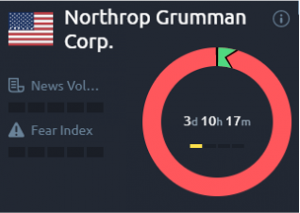
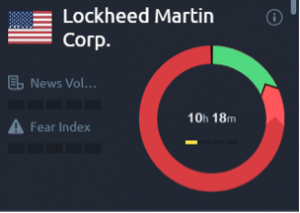
-1.png?width=298&height=220&name=Picture_3%20(1)-1.png)
